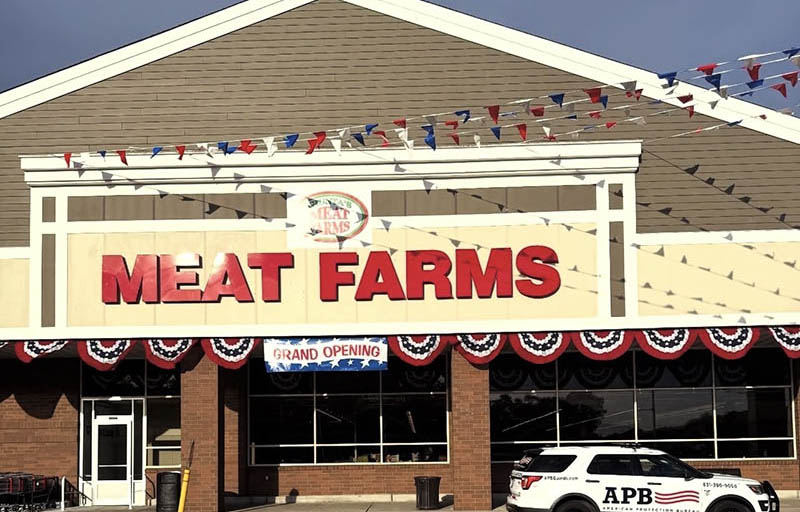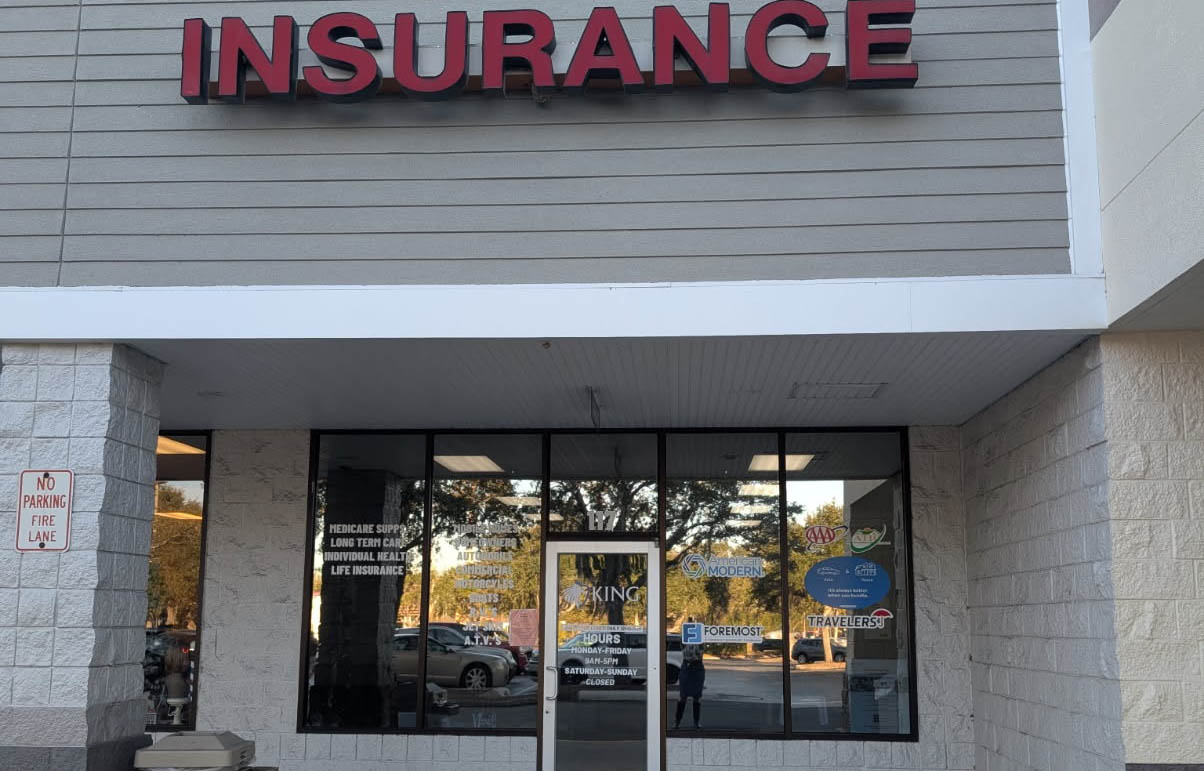Despite COVID-19 and the lockdown, real estate taxes will still come due - Peter Blond

Most of the world has changed considerably since my last article in January. Governmental ineffectiveness, however, is unfortunately the main holdover tenant from the world as we knew it. In New York City that starts with the mayor and City Council. Mayor de Blasio certainly has not experienced a loss of words during this pandemic. Unfortunately those words have done absolutely nothing to assist New York City property owners that were already struggling in many instances. Retail is of course the most obvious example, but the high-end condominium market had already pulled back substantially before Covid-19.
Commercial and mixed-use property owners have been calling and emailing, desperately seeking any information on the city’s programs to assist taxpayers through this palpable crisis. Sadly, the only offer on the table from the city is their business as usual ‘loan shark’ approach including 18% interest rates plus penalties. This is appalling inaction from city officials that have already intentionally reduced many landlords to quasi-public housing operators. More incredible is the growing concern emanating from cooperatives and condominiums about April quarterly tax payments. It’s easy to forget that mass layoffs and terminations equal missing maintenance and assessment payments, not just bad news for entrepreneurial property investors via lost rent.
Landlords are hoping for a brokered trade-off of free/lost rent for reduced property taxes, on a dollar for dollar basis, starting in July. While I certainly hope for our clients’ sakes this dream becomes at least a partial reality, it is extremely unlikely. First, the city has done absolutely nothing so far including no delay of April tax payments. Most of the quarterly taxpayers with the final 2019/20 tax year payment being due in April typically own modest apartments or one family houses. Consider the Federal side of the coin delayed April 15th taxes for three months and it was done relatively quickly.
Second, there is ample history following fiscal downturns, 9/11 and Hurricane Sandy that suggests the city will not assist taxpayers in truly meaningful fashion. To be objective, there were some steps taken following 9/11 but to affected areas only and some “across the board” type assessment relief by zip code following Sandy. However, bear in mind that the relief granted only included a very small portion of the taxable assessed value of the five boroughs. The Covid-19 situation – while clearly not the fault of landlords or tenants akin to 9/11 and Sandy – includes everyone!
If the city granted real estate tax reductions on a dollar for dollar basis with the drop in rent collections, it could be $10-$15 billion of lost revenue. Remember, that is $10-$15 billion just of lost real estate tax collections, which fails to consider the declines in sales tax; the lost income taxes; and the lost transfer taxes to name a few. Apparently, the bottom line alone governs as the mayor recently indicated he would not “take away other forms of revenue because we, literally, will not be able to pay for basic services.”
As governor Cuomo expressed during a recent daily press conference, the situation is truly day to day and we have to plan day to day. The same is true for property owners with respect to their upcoming real estate tax liabilities. There is no telling if or when the federal, state or local legislative bodies may address the elephant in the room. Accordingly, property owners should strive for real estate tax relief by enabling their certiorari counsel to present evidence of negative changes to the property’s financial well-being.
Please do not assume your adversaries “will know what’s going on.” Across the board reductions won’t be granted by the City Tax Commission. In 2009 and 2010 the City Tax Commission granted a similar number of reductions as prior years. Do not assume that you have plenty of time because of the lockdown. The Tax Commission has already commenced scheduling of hearings and plans to proceed despite the lockdown. As of now, intricate submissions will be necessary to prove the case in lieu of personal hearings. Information that can prove critical includes but is not limited to providing before and after rent rolls that clearly depict which tenants may have vacated. Similarly helpful are any agreements to grant rent concessions or accountings of arrears/lost rent.
To date, the mayor and City Council have treated New York City’s landlords as if they can weather limitations on their rent; freezes on the rent; withstand never-ending tax increases and still pay all of their obligations timely. There is always a chance – even before publication – that local politicians finally help property owners out of a nightmare they can’t wake from, but don’t bank on it.
Peter Blond, Esq. is a partner at Brandt, Steinberg, Lewis & Blond LLP and the immediate past chair of the NYC Bar committee on condemnation & tax certiorari, New York, N.Y.
Delisle and Monahan of Island Associates lease 45,000 s/f to Giunta’s Meat Farms at Strathmore Commons


Strategic pause - by Shallini Mehra and Chirag Doshi

AI comes to public relations, but be cautious, experts say - by Harry Zlokower

Behind the post: Why reels, stories, and shorts work for CRE (and how to use them) - by Kimberly Zar Bloorian









.jpg)
.gif)
.gif)